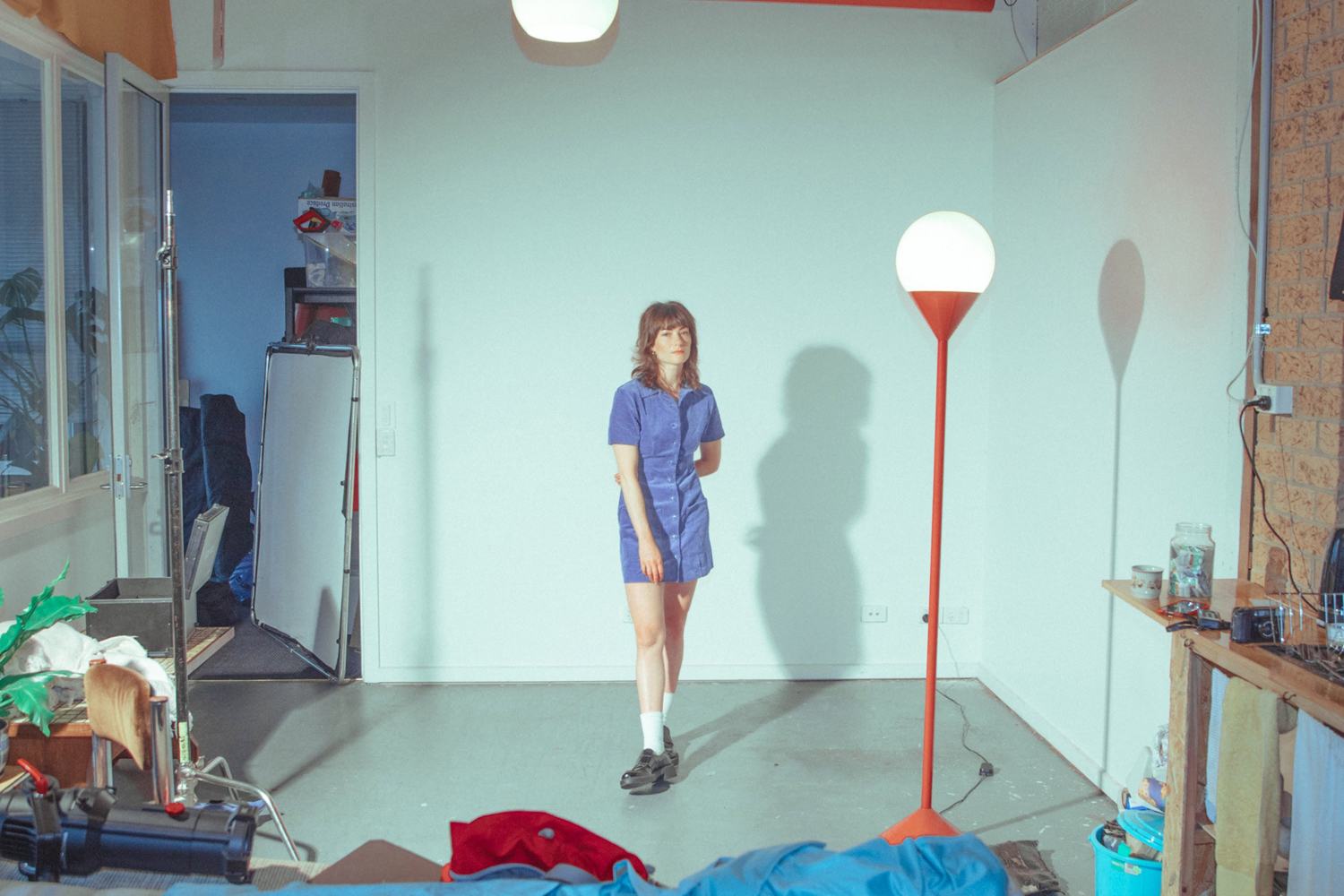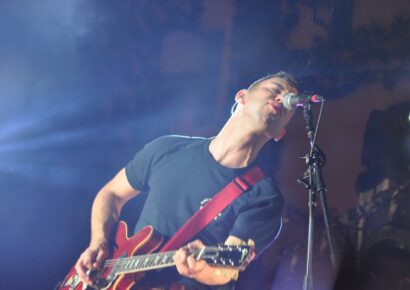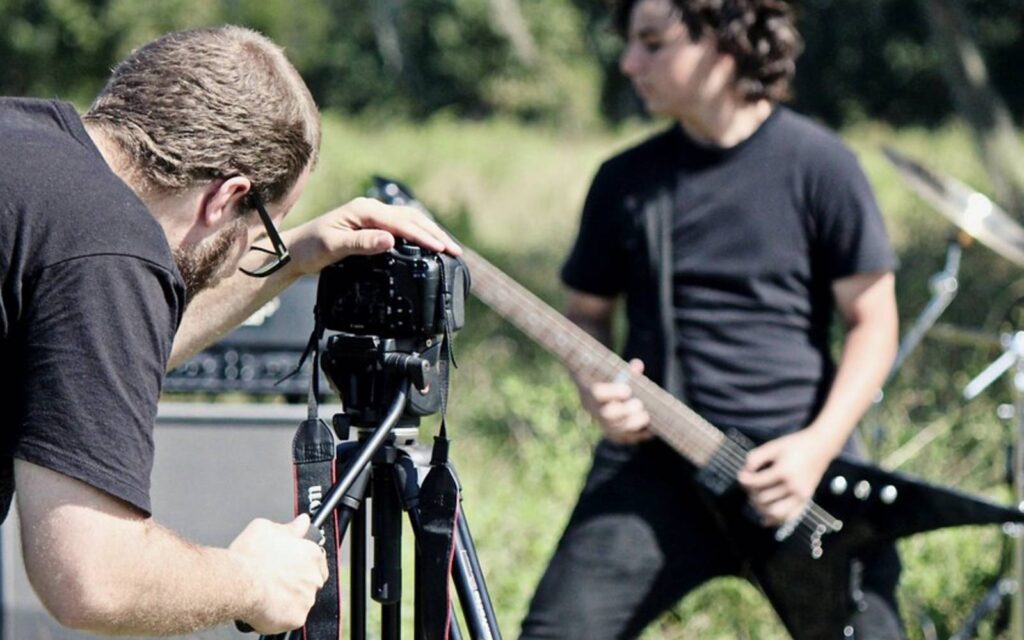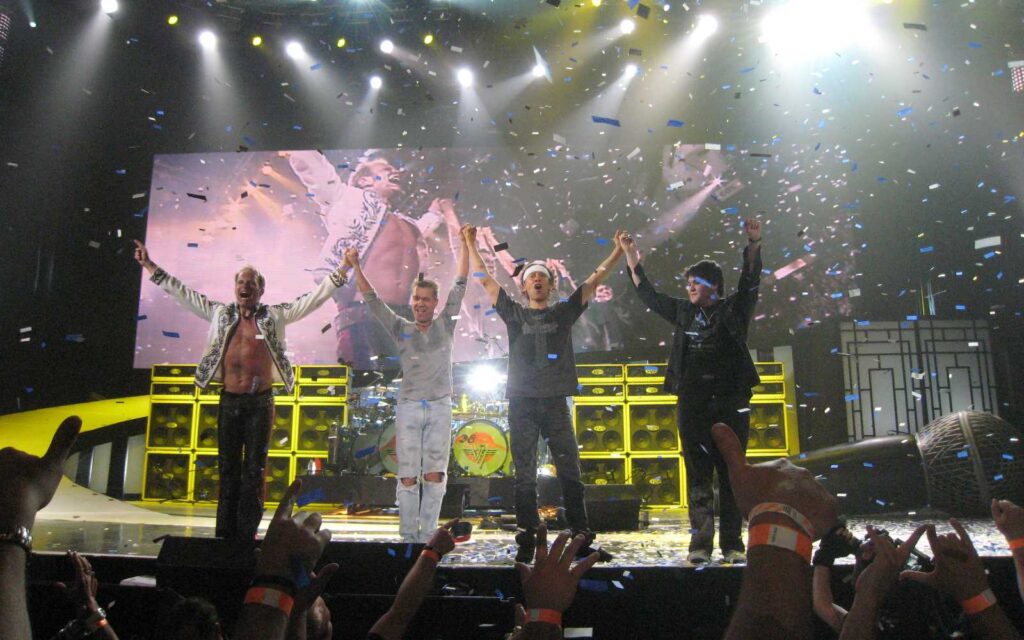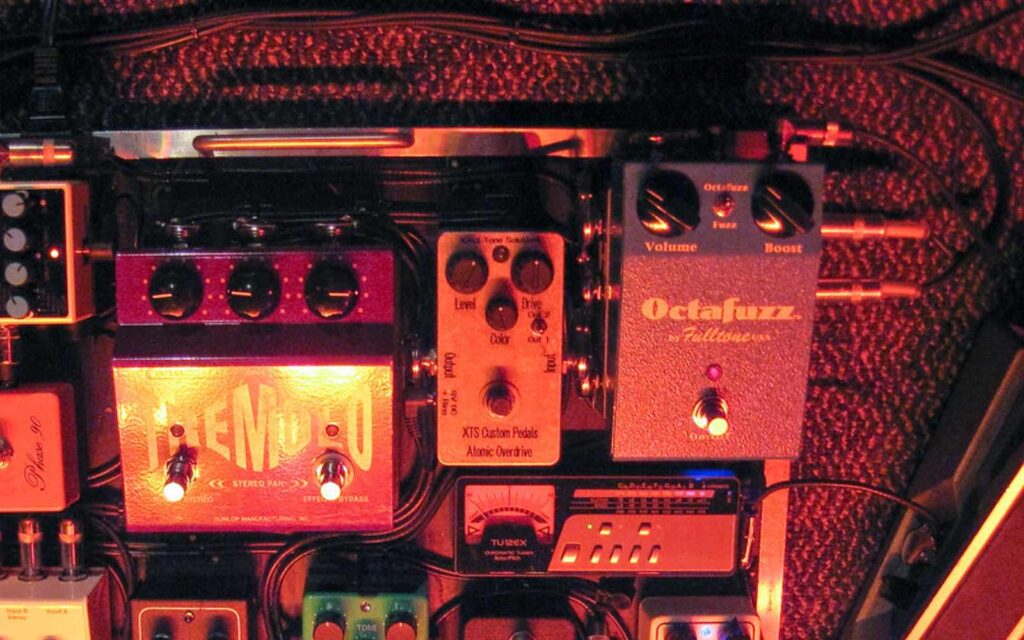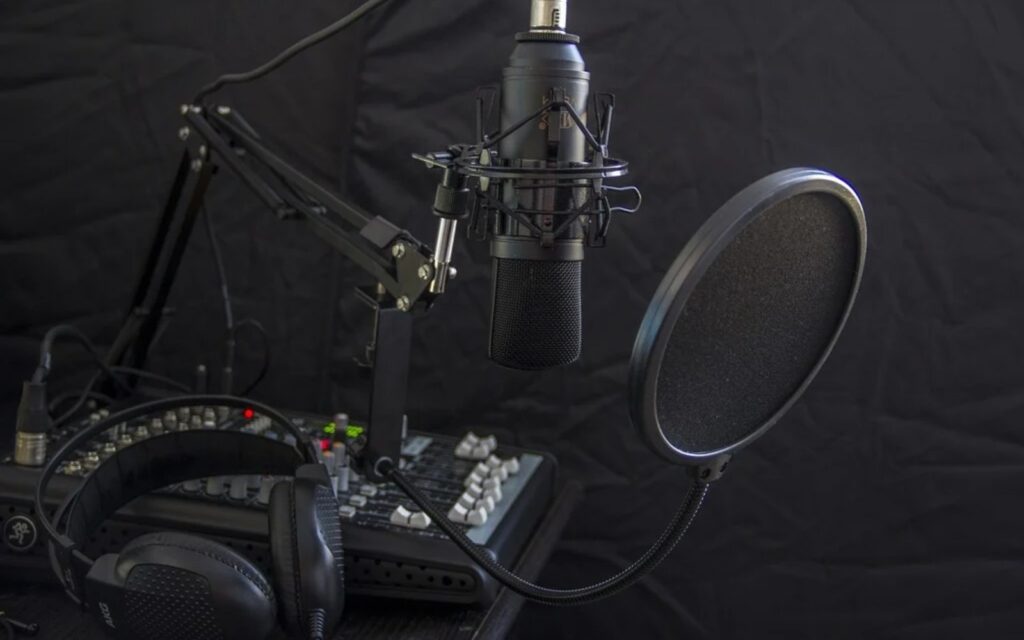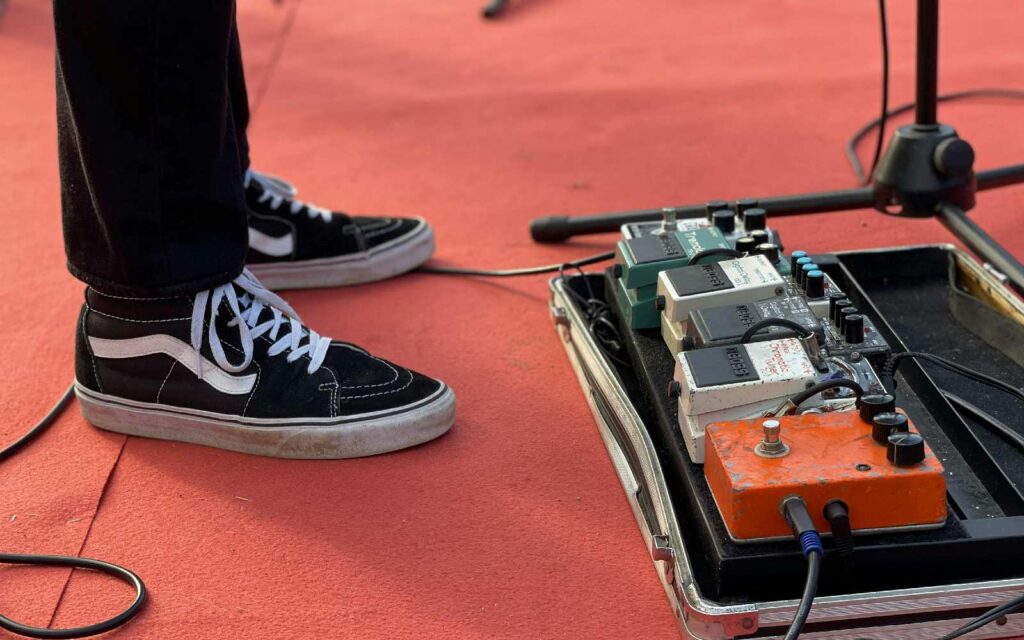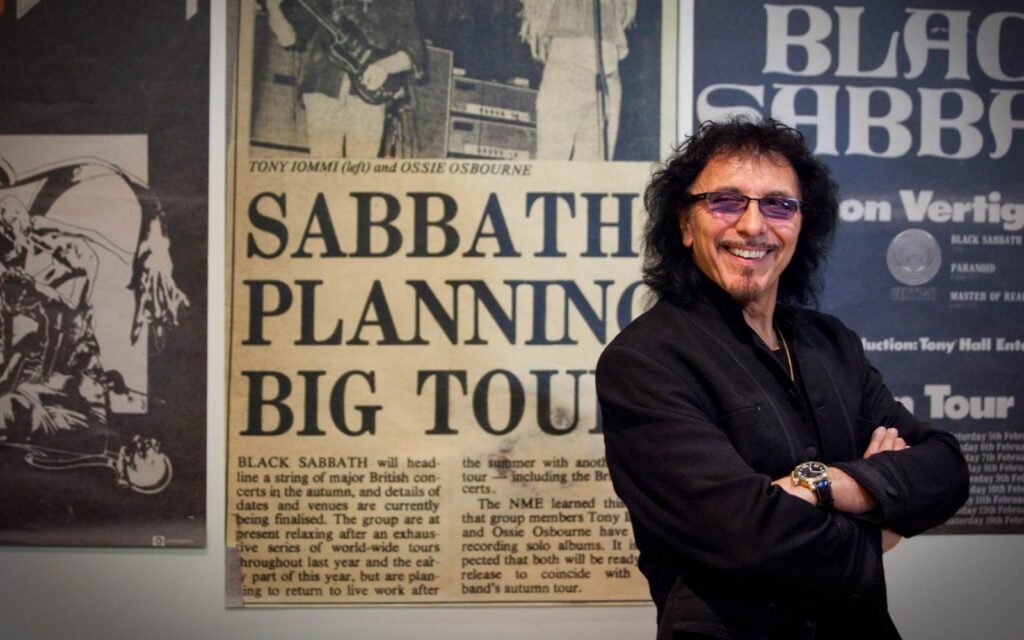Senseless Acts of Beauty is available now on Beloved Recordings.
Rowena Wise is a Naarm-based artist, having grown up around a musical family and forging her own path, taking all that influence in stride. Produced and recorded by Rob Muinos, her album Senseless Acts of Beauty is exactly that; a rollercoaster of beautiful moments combined in one cohesive, flowing stream.
Rowena, thanks for taking the time. We understand your childhood was very musical, having a musician mother and a luthier father. How early on did you know a life in music was for you?
My mum and dad gave me a really enriched experience in music as a kid. I remember singing three part harmonies when I was three, in the backseat with my sisters. We drove hours and hours to play gigs together. We drove across the Nullarbor a few times. Playing in a family band from a young age, I experienced how music creates a strong connection with strangers. It also allowed me to see a broader picture of the world.
Read up on all the latest features and columns here.
Though I met lots of people travelling and gigging I always felt like an outsider, probably because I was off with the fairies. My hobbies always had something to do with music, listening to indie shuffle playlists and making demos for eight minute half baked anti-war songs. It’s only in my adult life that I’ve gotten hobbies to do with nature and science. I kinda wish I could have had more normal hobbies as a kid because my calling is music and it’s so intangible sometimes. That’s also what’s beautiful about it.
How do you think your parent’s experiences and life lessons shaped the music you’re making today?
We listened to a melting pot of music as kids. Richard Thompson, Joni Mitchell, Bonnie Raitt, the Beatles. Trad Irish and Scottish tunes, delta blues. I know folksy melodies pour out of me still, because of the predominantly folk influences I had as a kid. I deviated a bit from my parents’ experiences as an adult, in taste and trajectory. There’s certain aspects to indie rock/punk/psychedelic music that I gravitate towards, the emotive, messy relatability. So opposite to the story-driven, clean cut songs I was brought up on. I think my songs fall somewhere in the middle of all of it. Whatever helps talk about/develop the themes I’m feeling tension over in my life. I just want to unravel whatever I’m feeling, talk about whatever ugly feeling is happening in a candid, raw way.
How and where did writing for Senseless Acts of Beauty begin?
I started writing this album 6 years ago. One of the songs, 26 Hours, was the first song I wrote on electric guitar. It was pen and paper, as it always is for me. No screens around. All the songs on the album were initially logic demos half speed of the album production. The rest of the songs were written in lockdown of 2021 in Melbourne, when I had some time and space to reflect on my past. Sometimes it takes a period of isolation and intense creative practise for me to write from the heart.
Is this a normal writing process for you?
My writing process is pretty all-or-nothing in attitude, which may not be the best approach but it’s what I’ve got. I sit down at 10am with a guitar and seven hours go by and I forget to eat and drink. I’m just concentrating so hard on telling the story, teasing it out, getting off on entertaining myself with my own mind. There’s nothing like the high of finishing a song, it feels like you’ve creates something beyond yourself. I chase that almost feverishly, and it’s not often it reaches the point of fruition.
Was there a clear line between the ‘end’ of songwriting and the ‘start’ of recording and production? Or did it all bleed together?
I finished the songs before they hit the studio, but there were some lines and chordal choices here and there that my producer Rob Muinos helped reshape. We would take time during the recording process to pause and take a step back, see what we could cut or add to shape it into the intended meaning. But mainly, we made sure each song stood strongly by itself with one guitar and vocal before the production was built. A strong heart and soul to start with.
How was the album recorded?
Each band track was recorded live, in a few takes. The band was really right, with a lot of good chemistry. Jess Ellwood on drums, Rich Bradbeer on bass and Matt Dixon on pedal steel. Rob Muinos was producing as well as playing electric guitar across the record, and vocals on “Forgiving Up”. His signal chain was awesome, with nice outboard gear that made it sound mixed before it hit the DAW. Compressors and saturation and analogue effects made the whole thing sound analogue, yet punchy and contemporary. We tried slowing down a few tracks like “Indifferent” and “26 Hours” to cool off the vibe before tracking lead vocals overdubbed, which was fun. Rob is an absolute wizard in the process, my songs were brought to life by him.
Thanks for the time! Surely there’d be a story or two about the recording process?
One of the highlights was Matt Dixon’s pedal steel solo on “We Are Nothing”. It’s a really bent, teeth clenching psychedelic moment, and was very off-the-cuff when we tracked. Rob recorded it through a Leslie amp and then a Space Ech unit, fiddling with the repeat rate back and forth as we tracked. That gave it the feeling of being on a roller coaster, going upside down, in slow motion. We tracked “Gone” late one Friday night in a place where there was a loud pub nearby, it was a rainy night with cars going by. You can hear it in the track, an atmosphere that sounded real and relatable. Initially I was weirded out by the fact it wasn’t too isolated. But now I love that you could hear the world in the background of that song, considering it’s a song about the small moments, and impermanence. A lucky happenstance.
Keep up with Rowena Wise here.
